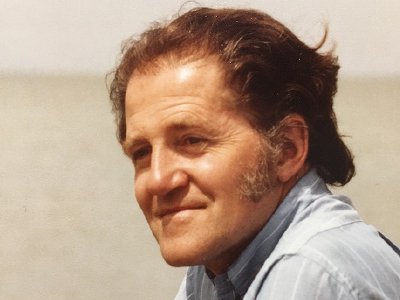Syracuse Mourns Loss of Anthropologist William ‘Bill’ Mangin ’48
Mangin, emeritus professor of anthropology in the Maxwell School of Citizenship and Public Affairs taught at SU for 44 years.

The College of Arts & Aciences is morning the passing of William “Bill” Mangin, emeritus professor of anthropology in the Maxwell School of Citizenship and Public Affairs. Mangin, who taught at Syracuse University for 44 years, died on Jan. 22. He was 93.
A native of Syracuse, Mangin earned his bachelor’s degree in anthropology, sociology and mathematics from Syracuse. He served in the U.S. Navy during World War II.
Mangin earned a Ph.D. in anthropology from Yale University and did his initial field work in Peru, where he was the field director of the Vicos experimental station. He was later appointed to be the deputy director and acting director of the Peace Corps for Peru during the administration of President John F. Kennedy. He was also the co-director of the Peace Corps training program at Cornell and director of Peace Corps training for Syracuse University.
Mangin also taught at Wellesley College, University of San Marcos and Syracuse University Madrid Center, and was a member of the Peru study group. His research areas included urbanization, race and ethnicity, education, health, politics and the use of alcohol.
“Bill Mangin’s teaching style required intellectual leaps to follow the firing synapses in his restless intellectual forays through anthropological data, popular culture and educational theory,” says Susan Hamilton, a student of Mangin’s in the early 1990s. “What sometimes seemed like non-sequiturs were stepping stones toward a broadly integrated perspective on humanity.”
Mangin was involved in local Syracuse Democratic politics and local social agencies, and had a longtime interest in the use and study of films and still photography in anthropology. His highly valued photographs of the barriadas of Lima, Peru, and his research papers are housed at Cornell University.
